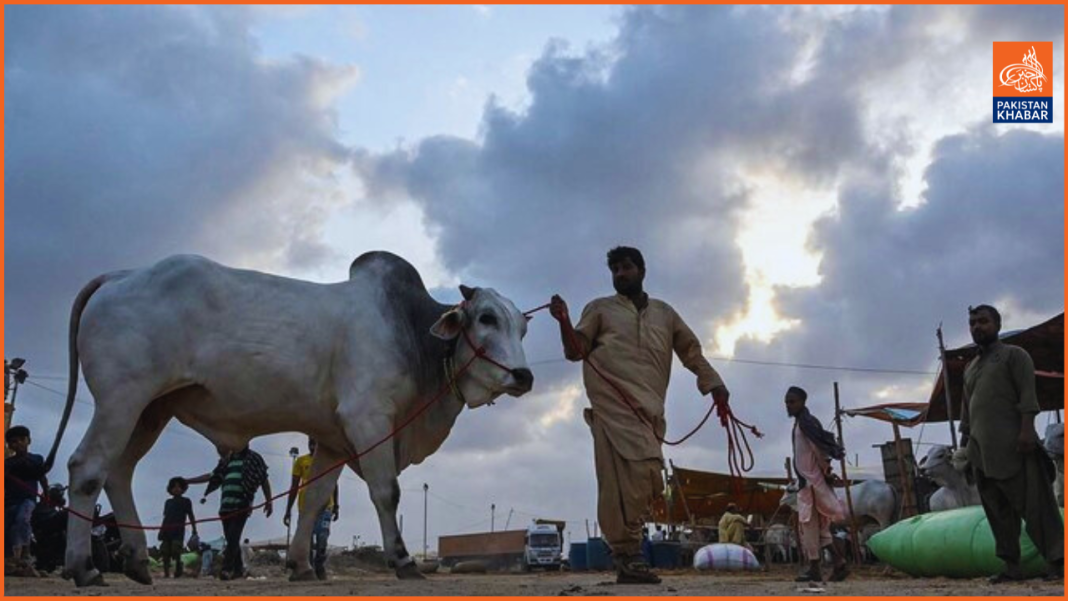These warnings released by the National Institute of Health (NIH) focus on the prevention of Crimean-Congo Haemorrhagic Fever (CCHF) and heatstroke, calling on health departments nationwide to enhance public awareness and safety measures.
CCHF is a severe viral disease with a fatality rate between 10% and 40%.Tick bites and contact with contaminated animal blood and tissues, especially during slaughter, are the main ways that it spreads. The advisory highlights Balochistan as a hotspot due to cross-border animal movement, urging stringent precautions during Eid livestock handling.
Simultaneously, the NIH has raised alarms about the health risks of ongoing heatwaves, accentuated by climate change. Heatstroke is marked by elevated body temperatures, feeling disoriented, and heated skin. If treatment is not received, it could lead to organ dysfunction or even death. The advisory encourages the public to stay hydrated, avoid direct sunlight, and seek immediate medical help if symptoms arise.
The NIH stresses the importance of collective responsibility to mitigate these risks and ensure a safe and healthy Eidul Azha.



